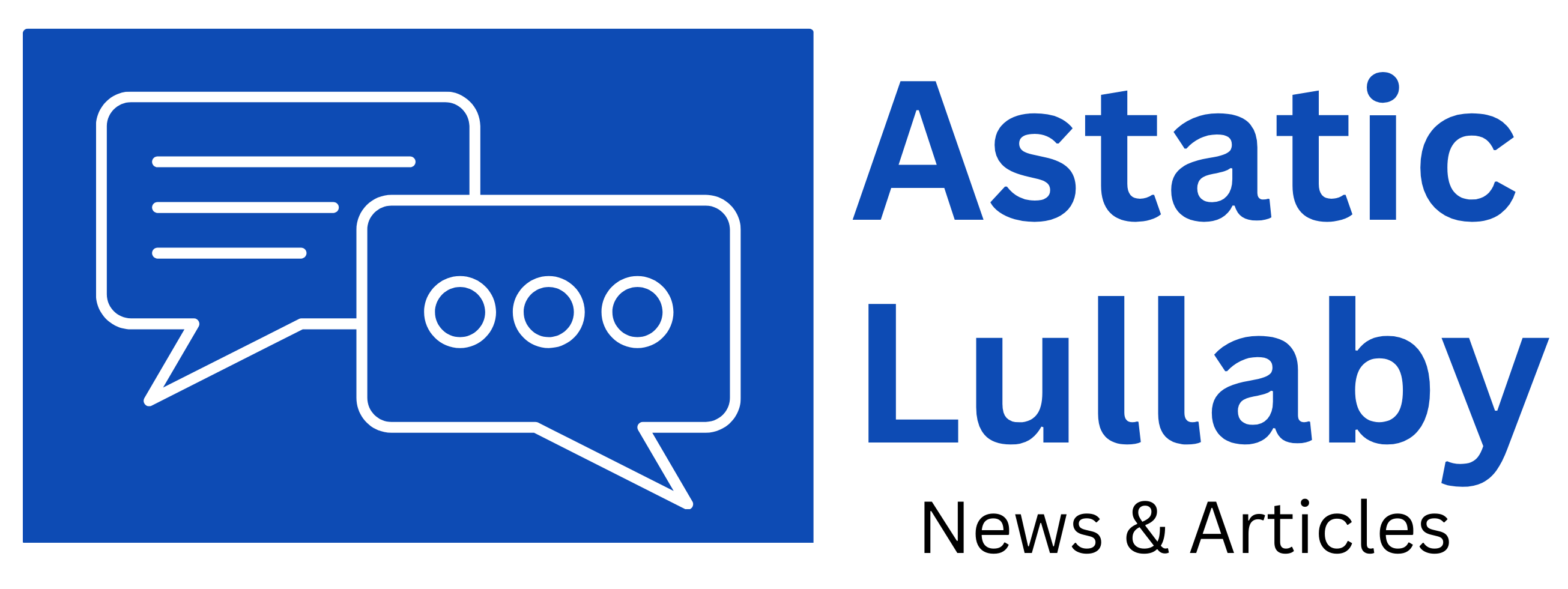Aligning Your Body and Mind: How Chiropractic Care Can Relieve Vertigo Symptoms
Chiropractors can help alleviate symptoms of vertigo, which is a type of dizziness that can cause a sensation of spinning or unsteadiness.
Vertigo is often caused by an imbalance in the inner ear or a misalignment of the neck or spine, which can affect the vestibular system responsible for maintaining balance and orientation in the body.
 Image Credit: https://www.istockphoto.com/photo/doctor-physiotherapist-doing-healing-treatment-on-mans-back-back-pain-patient-gm1253237313-365924766
Image Credit: https://www.istockphoto.com/photo/doctor-physiotherapist-doing-healing-treatment-on-mans-back-back-pain-patient-gm1253237313-365924766
Chiropractors use a variety of techniques to address the underlying mechanical issues that may be contributing to vertigo symptoms, including spinal adjustments, mobilization, and soft tissue therapy.
By improving spinal alignment and reducing irritation to the nerves that affect balance and coordination, chiropractic care can help alleviate vertigo symptoms and improve overall function and well-being.
Neuro-muscular techniques may be used by chiropractors for vertigo as part of their approach to treating it. These techniques are aimed at addressing the mechanical issues in the neck and spine that may be contributing to vertigo symptoms.
Contents
- 1 What are the causes of Vertigo?
- 2 1. Benign paroxysmal positional vertigo or BPPV
- 3 2. Meniere’s disease
- 4 3. Vestibular neuritis
- 5 4. Head or neck injury
- 6 5. Migraines
- 7 6. Medications
- 8 7. Other underlying medical conditions
- 9 What are the ways of Chiropractic for Vertigo?
- 10 1. Spinal adjustments
- 11 2. Mobilization
- 12 3. Soft tissue therapy
- 13 4. Exercises
- 14 5. Lifestyle modifications
- 15 Conclusion
What are the causes of Vertigo?
1. Benign paroxysmal positional vertigo or BPPV
This is a type of vertigo that occurs when dislodged small crystals inside the inner ear float around in the fluid, causing a sensation of spinning or tilting.
2. Meniere’s disease
This is a disorder of the inner ear that can cause vertigo, hearing loss, ringing in the ears (tinnitus), and a feeling of fullness or pressure in the affected ear.
3. Vestibular neuritis
This is a condition caused by an inflamed vestibular nerve, causing sudden severe vertigo that lasts for several days.
4. Head or neck injury
Trauma to the head or neck can cause damage to the inner ear or affect the nerves that control balance and coordination, leading to vertigo.
5. Migraines
Some people suffering from migraines may also experience vertigo as one of the symptoms, mostly during the prodromal phase before the onset of a headache.
6. Medications
Certain medications, such as those used to treat high blood pressure or anxiety, can cause vertigo as a side effect.
7. Other underlying medical conditions
Vertigo may also be a symptom of other underlying medical conditions, such as multiple sclerosis, stroke, or brain tumors.
 Image Credit: https://www.istockphoto.com/photo/doctor-doing-neck-adjustment-gm667156392-121721643
Image Credit: https://www.istockphoto.com/photo/doctor-doing-neck-adjustment-gm667156392-121721643
What are the ways of Chiropractic for Vertigo?
Chiropractic care for vertigo may involve a variety of techniques and approaches, depending on the individual’s specific needs and underlying causes of their symptoms.
1. Spinal adjustments
Chiropractors may use manual techniques to adjust the spine and neck to improve alignment and reduce irritation to the nerves that affect balance and coordination.
2. Mobilization
Chiropractors may use gentle, non-thrusting techniques to mobilize the joints of the neck and spine and improve overall function.
3. Soft tissue therapy
Chiropractors may use massage or other soft tissue techniques to reduce tension and improve blood flow to the affected areas, which can help alleviate symptoms.
4. Exercises
Chiropractors may prescribe exercises to improve balance, coordination, and posture, which can help reduce the frequency and severity of vertigo episodes.
5. Lifestyle modifications
Chiropractors may recommend changes to diet, exercise, and other lifestyle factors that may be contributing to vertigo symptoms.
Conclusion
 Image Credit: https://www.istockphoto.com/photo/pain-is-often-the-result-of-poor-posture-gm1280027751-378456477
Image Credit: https://www.istockphoto.com/photo/pain-is-often-the-result-of-poor-posture-gm1280027751-378456477
Chiropractic care can be an effective approach to treating vertigo, with techniques such as spinal adjustments, mobilization, soft tissue therapy, exercises, and lifestyle modifications used to address the underlying causes of symptoms.
Neuro-muscular techniques may also be used to address mechanical issues in the neck and spine that can contribute to vertigo.

